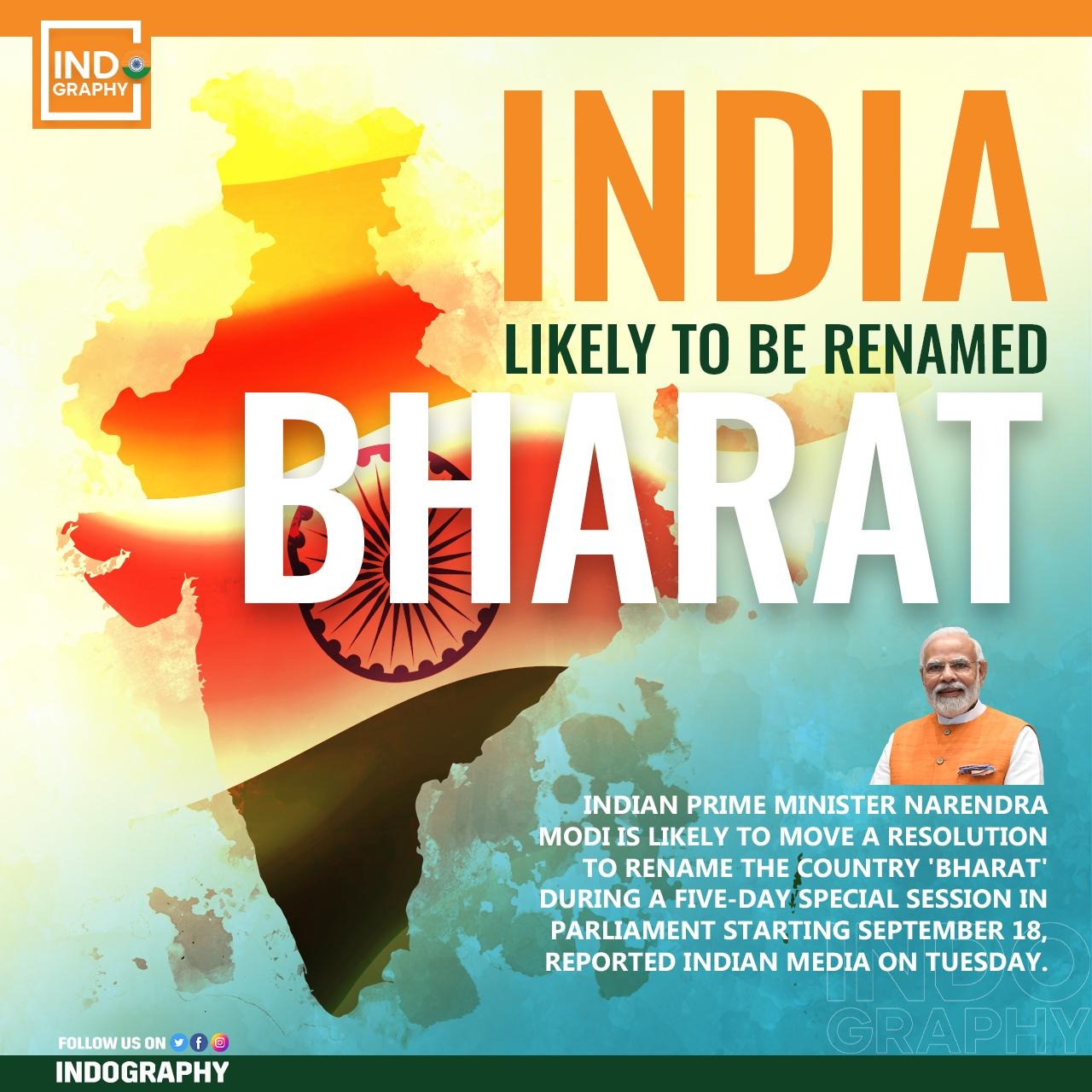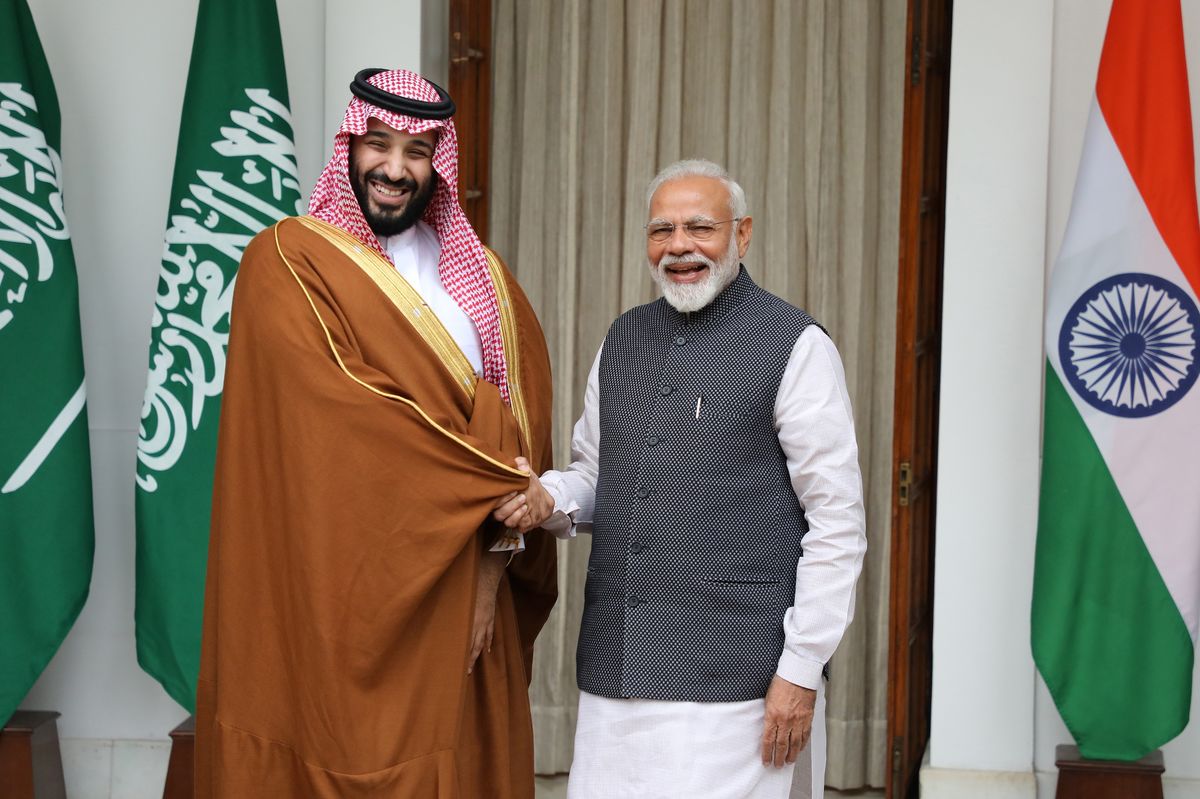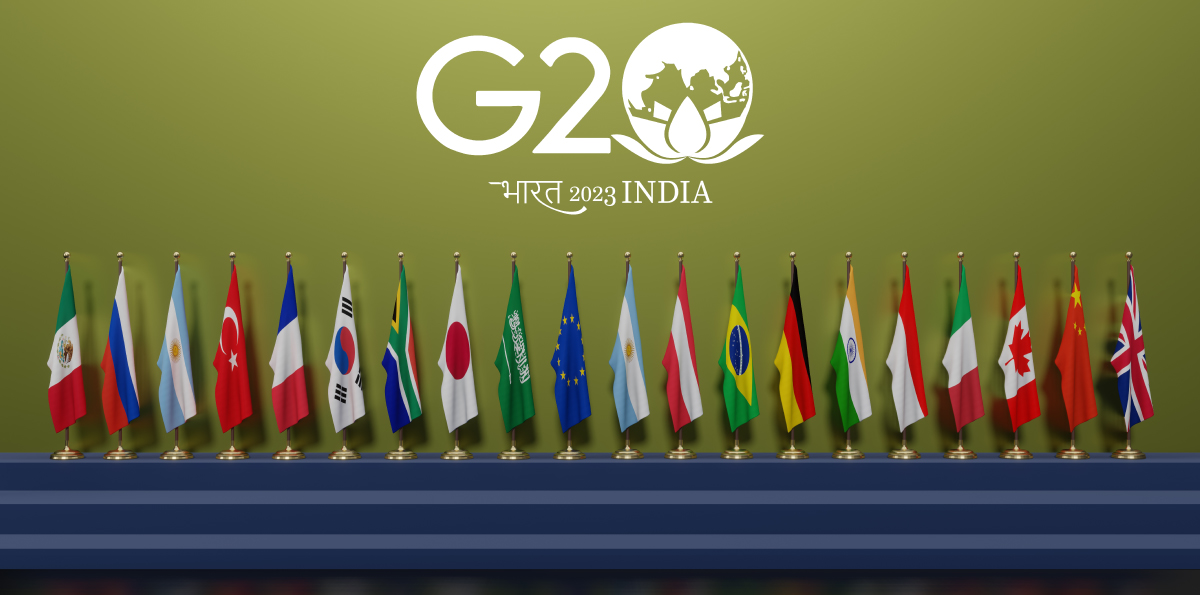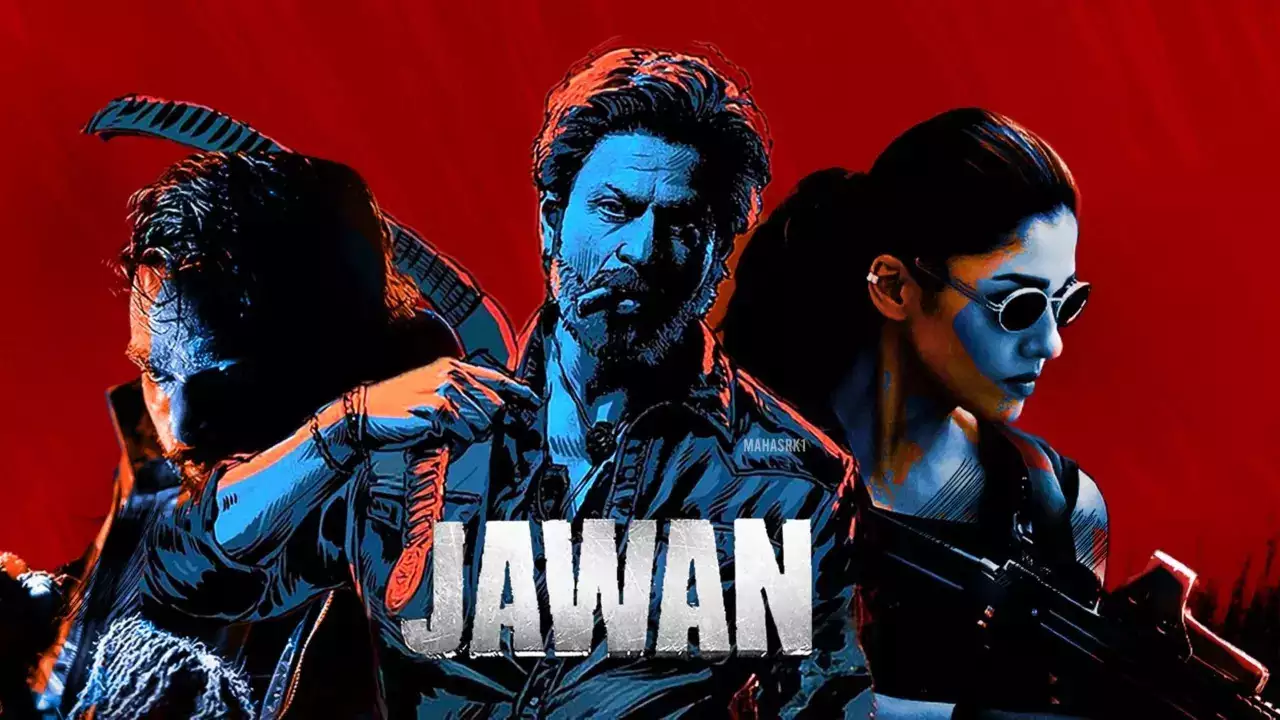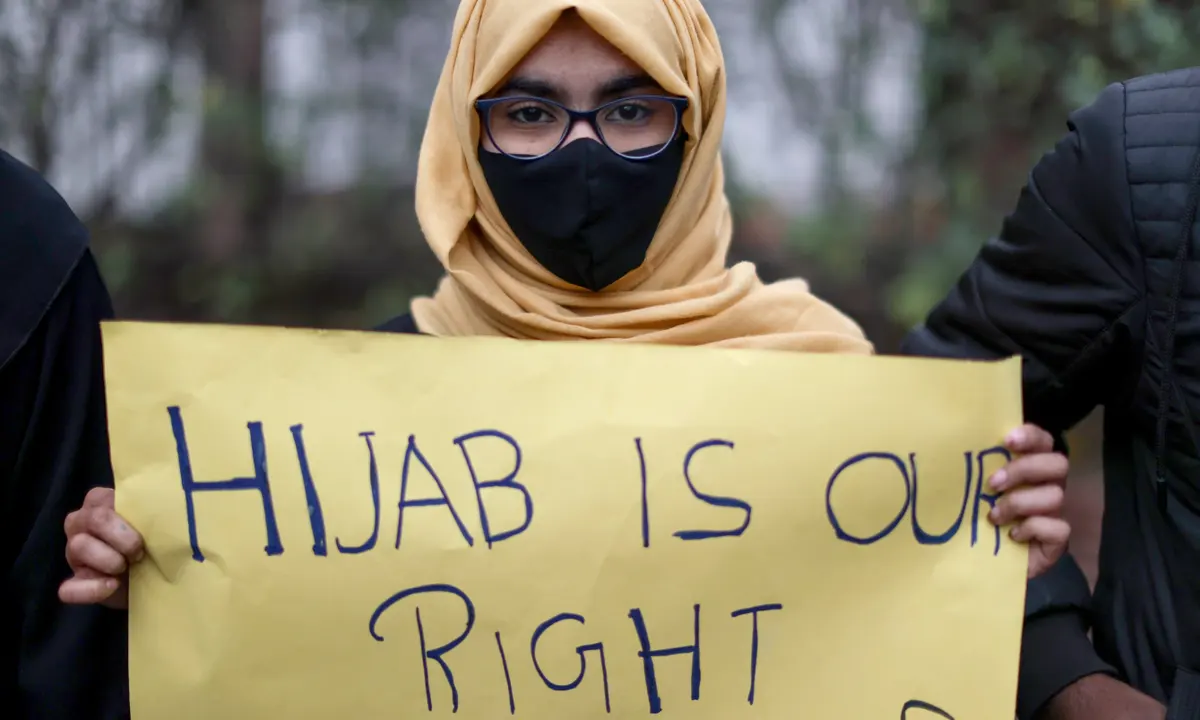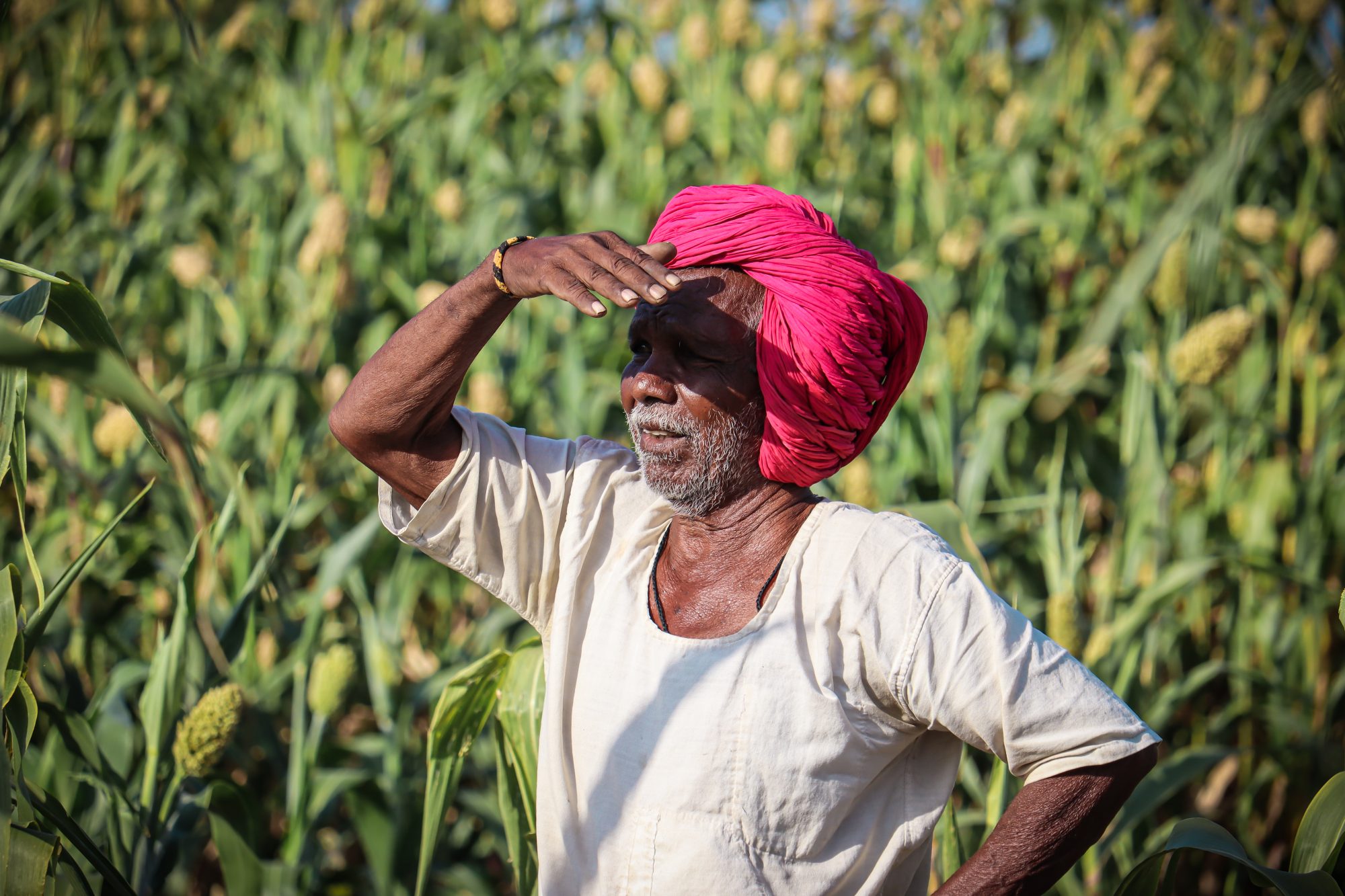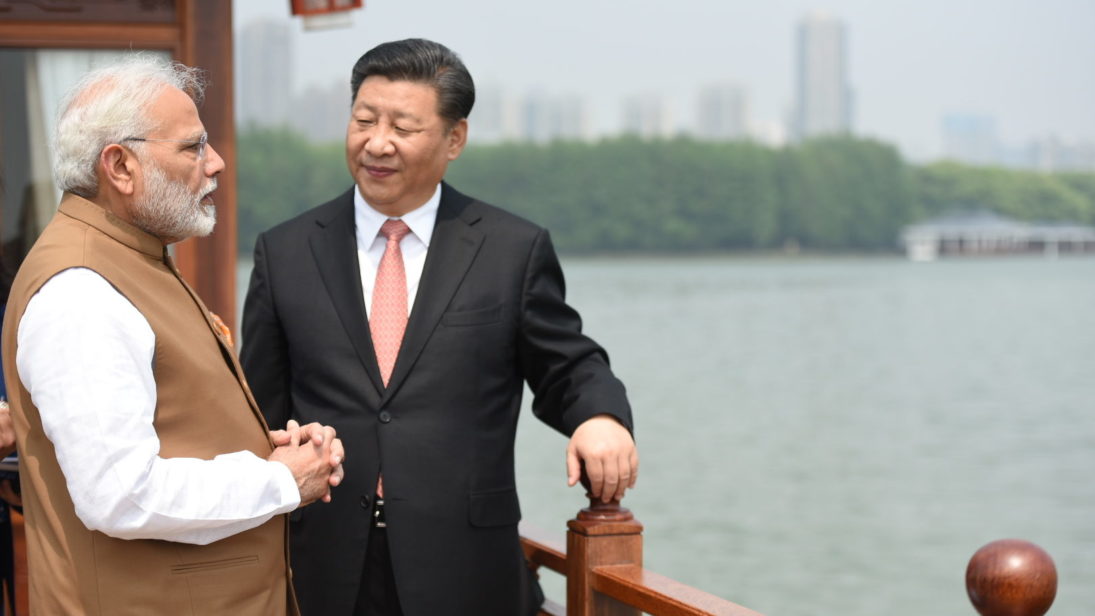India, a country of contrasts and variety, has been the subject of much discussion over its identity. The India vs. Bharat argument has been going on for decades. Some claim it is a matter of patriotism, while others claim it is a more complicated topic that goes beyond simple country loyalty. We need to comprehend why the India vs. Bharat dispute involves a variety of socioeconomic, cultural, and historical issues and is not only a matter of patriotism.
The issue is not whether the term “India” or “Bharat” is superior since both are essential to our identity, and I would do anything to keep them both. The choice is problematic for the simple reason that if one chooses “India,” they are labeled as “anti-nationals,” have a “colonial mindset,” and support a “symbol of slavery. However, if one supports “Bharat,” they are automatically patriotic, nationalist, and true Hindus. In the guise of “‘India,’ that is, ‘Bharat,'” this duality is deftly constructed to separate people.
It is not only repugnant but also repulsive, in my opinion. After reading a few passages from Wikipedia, I am aware that some people become overnight experts on the name of a nation. They are making assumptions and using derogatory language without having a deeper understanding of the issue. The terrible reality of our polite conversation is as follows:
Even more depressingly, cabinet ministers who hold legitimate and accountable roles are participating in toxic debates because the entire discussion is supported by the dictatorship. These are the same politicians that labeled their opponents as “anti-India” or “India-haters” before the start of the discussion.
When Rahul Gandhi made a comment to journalists in London that was taken out of context, he was labeled an “India-hater”—someone who enjoys disparaging India whenever he travels outside of the country. Even Indian Prime Minister Narendra Modi chastised Rahul Gandhi for “insulting India” in March 2023. This indicates that “India” was a reverent name back then, signifying and representing the Sanatan and eternal Holy Spirit of our civilization.
Since Modi became prime minister, they were the same ministers and leaders who denigrated as “anti-India” anybody and everyone who dared to disagree with the government’s policies and the “Hindutva” way of thinking. Even then, the arguments made by H.V. Kamath, Seth Govind Das, and others in favor of calling the nation “Bharat” were available, and no one ever cared to mention them in support of their claim that the word “India” is colonial. Thus, the word “India” was never a problem for the administration or its supporters. This novel mixture serves a purpose.
Cabinet ministers who describe the name “India” as foreign lack knowledge of our civilization. India and Bharat both have their roots in the history of our civilization. If there are any references to the word “India” from the time of Alexander’s invasion of our nation, it was used by people who referred to everyone who lived along the banks of the river Sindhu (Indus) or farther as being from the Indies.
Bharat, the son of Shakuntala and Dushyant, is also the origin of the name. Bharat was the younger brother of Lord Ram. It is irrelevant whether a name is more ingrained in our living memory because both names are. The topic of discussion is how and why an effort is being made to pit one against the other for political reasons, even if it necessitates viciously misrepresenting history. What needs to be fought is this constrictive, opportunistic, and poisonous manipulation of our memories.
After a lengthy debate in the Constituent Assembly—which at the time was characterized by a glaring ideological divide—the name “India that is Bharat” was approved. Nevertheless, the issue was settled democratically and with much dignity. To question the nationalism and patriotism of the Constituent Assembly members who supported “India that is Bharat” would be stupid. They had all made sacrifices for the nation, spent years and decades in British prisons, and battled the terrible powers of British imperialism, making each of them heroes in their own right. Baba Saheb Ambedkar, Rajendra Prasad, Chakravarty Rajagopalachari, Jawaharlal Nehru, and Sardar Vallabhbhai Patel were not just independence fighters but also men of letters, and no one dared dispute their comprehension of our civilization. It is ludicrous and laughable to suggest that they were victims of a colonial mentality, and it is disrespectful to their tremendous sacrifice on behalf of the nation.
While countless Indians made sacrifices to ensure that their children would grow up in an independent India, organizations that never took part in the freedom struggle, fought for the nation’s independence, or even endured imprisonment are now trying to appropriate the freedom movement’s legacy. People who rejected the Constitution and showed no adoration for the tricolor are now handing out medals of patriotism to others. Don’t forget that these were the same folks who had claimed that “the Tricolor had three colors, which was a bad omen and would not be accepted by the people” at the time. It is also noteworthy that these were the folks who declared that the Indian Constitution was unacceptable because “it had nothing that was Indian in it. Therefore, I don’t find their statements surprising.
This is an attempt to denigrate the independence movement’s legacy because it pains them deeply and keeps them up at night since it serves as a constant reminder that they did not have any part in creating a free India, brick by brick.
I can see how society changes over time, and that change is necessary. Change can be disastrous if it is rushed through without consideration for the consequences. It obliterates the structure’s basic base.
Governments have the authority to enact change if they so choose. However, it does not have the authority to alter the fundamental principles of the freedom struggle, amend the Constitution, or remodel the cultural and intellectual foundations of our culture. That needs the approval of history and the blessing of society’s accumulated knowledge.
The India vs. Bharat argument is a complex topic that takes into account socioeconomic inequalities, cultural variety, historical context, resource access, and development imbalances. The difficulties facing the country are oversimplified if this complicated debate is reduced to a patriotic issue. Instead, it’s crucial to comprehend the complexity of the problem and work toward all-encompassing solutions that benefit all facets of society, regardless of where they are in the world. The ultimate objective, going beyond the limited bounds of patriotism, should be to build a more fair and inclusive India where both India and Bharat coexist peacefully.
